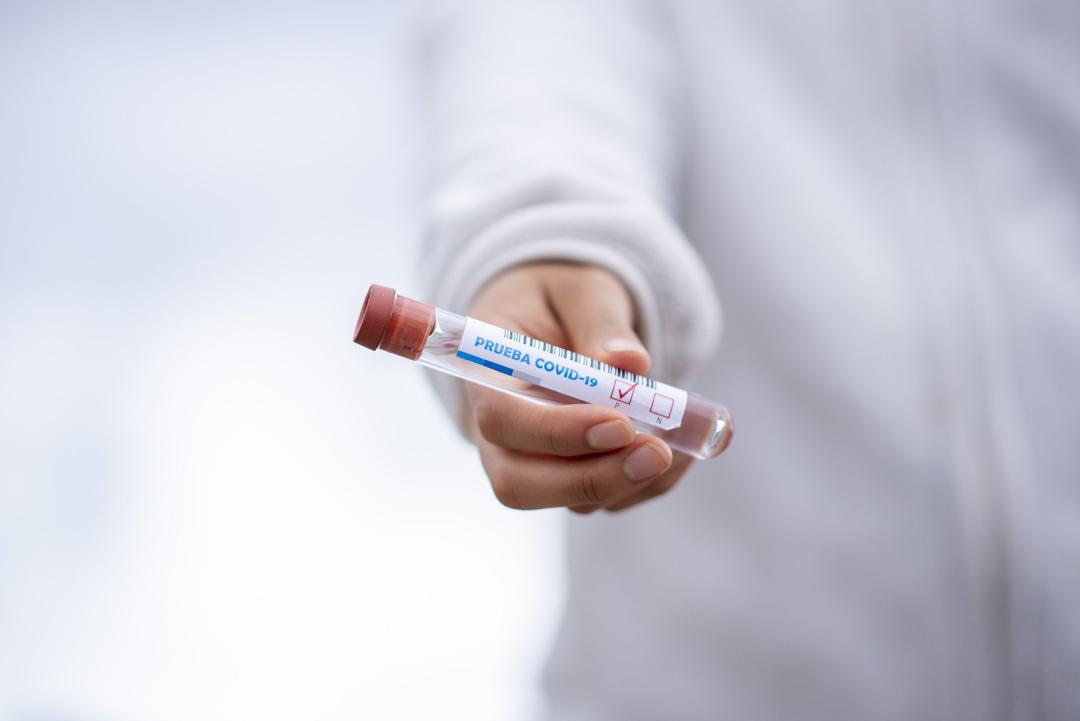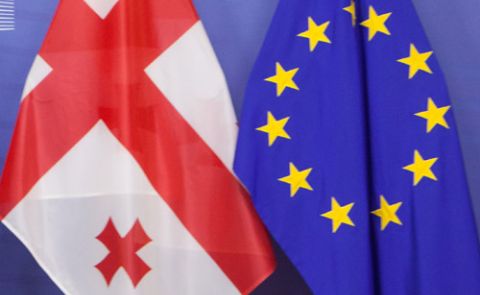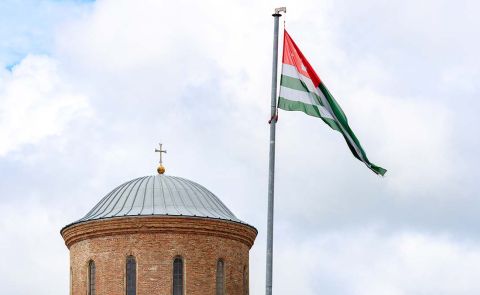
Covid-19 update in South Caucasus

Armenia
On 27 August, the Armenian government signalled its plans to lift the country’s state of emergency. The government approved a bill that would allow safety and hygiene rules to stay in place and even impose, if necessary, nationwide or local lockdowns without extending emergency rule, which is due to expire on 11 September. The bill also would foresee, if necessary, that stricter rules be established such as restrictions on holding and participating in mass and public events, restrictions on the activities of legal entities, educational institutions, local and state authorities, as well as restrictions on trade
Armenia’s Justice Minister Rustam Badasyan said that the new legal regime will involve fewer restrictions on people’s freedom of movements and civil rights. In particular, he outlined that the authorities would stop accessing personal data from mobile phones to identify individuals who have had physical contact with Covid-19 patients and completely banning any type of business activity.
The government approved the bill even though Armenian Prime Minister Nikol Pashinyan strongly criticized its authors, Badasyan and Health Minister Arsen Torosyan, for not consulting with the Ministry of Defense beforehand. He also deplored the fact that the bill was sent to the office of the state human rights ombudsman only two days before the latest cabinet meeting.
Armenia’s Health Minister Arsen Torosyan also spoke on the media speculations of his potential resignation, following his vacation (Caucasus Watch reported). He stated that he did not step down and was not lambasted by Pashinyan over the country’s coronavirus. Torosyan also denied that a body coordinating the Armenian government’s response to the coronavirus pandemic has demanded a detailed financial report from the Ministry of Health to investigate a possible misuse of government funds allocated for treatment of Covid-19 patients.
The current tally of infected persons in Armenia stands at 43451 with 869 reported deaths.
Azerbaijan
The country’s Minister of Education Emin Amrullayev said that the country’s school year will likely open on the traditional 15 September – but not for everyone. He said that the work would be carried out in stages. The kindergartens will open in zones with the lowest number of infected people, and then throughout the country. This process is planned to be carried out from September to November. Students in grades 1-4 will attend school two to three times a week. The high schools are expected to open on 15 October.
The university students will start their programmes on 15 September, but in a remote formate. From 15 October, students in specialised studies that require work in laboratories will be able to return to the traditional form of training with the appropriate protocols in place.
Amrullayev was unable to answer the question of what to do for parents of schoolchildren who, due to quarantine, left Baku and temporarily live in different regions. However, these children are supposed go to school in the capital. They will not be able to return to Baku, because due to the pandemic, entry to the capital from the regions is closed. The minister said that this issue is not within his competence.
The current tally of infected persons in the country stands at 35 559 with 521 reported deaths.
Georgia
Georgia’s Prime Minister Giorgi Gakharia announced that schools will reopen from 15 September and kindergartens from 1 October. Theatres will also resume functioning from 1 October. In addition, the opening of quarantined Mestia and the village of Lenjeri in the Svaneti region is planned for 2 September.
In addition, Gakharia announced the program “Work from Georgia” to 95 countries. The project is intended for foreigners who are freelancers; who work remotely or can manage their businesses from any part of the world to work in the country. The Georgian government will allow citizens of all countries to cross the border and have the right to live in Georgia for at least 6 months. The foreigners seeking to work from Georgia must earn at least $ 2,000 per month. Gakharia also stated that regular flights to Budapest would soon be established.
To tackle the economic challenges caused by Covid-19, some changes were also made to the state programme “Produce in Georgia,” which will now support six new economic activities in the country, namely: 1) creation of computer games, 2) hospital activities, 3) general medical practice activities, 4) specialised medical practice activities, 5) dental practice activities and 6) purchase and leasing of film production equipment.
As part of the new changes made to the programme, hospitality business owners are no longer required to own land to receive loan co-financing but instead will be able to build a hotel on lands which they temporarily possess. The same conditions apply to the balneological resort industry. Business owners who do not own real estate but have the capacity to pay rent, lease, or obtain real estate utilisation license, will now be able to partake in the Enterprise Georgia programme. The amendments will apply to the tourism sector as well. While earlier the Enterprise Georgia used to assist the tourism industry in 14 locations across the country, following the new changes, the above-mentioned restriction will be annulled, allowing the agency to cooperate with the sector in all parts of Georgia.
The current tally of infected persons stands at 1455 with 19 reported deaths.
See Also


BP Strengthens Presence in Azerbaijan’s Offshore Energy Sector

Netanyahu’s Letter to Aliyev: Mutual Trust, Solidarity Following Hamas Attacks, Facilitating Dialogue Between Israel and Türkiye

Azerbaijan Expands JF-17 Thunder Fighter Jet Order from 16 to 40 Units

EU Commissioner and NATO PA Warn Georgia Over Democratic Decline Amid Accession Challenges

